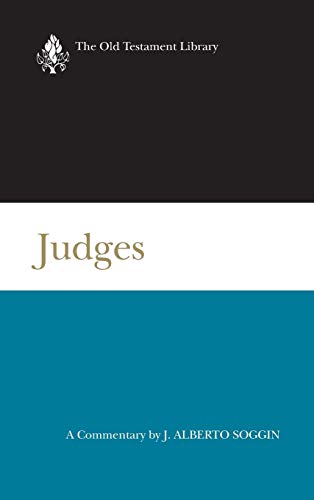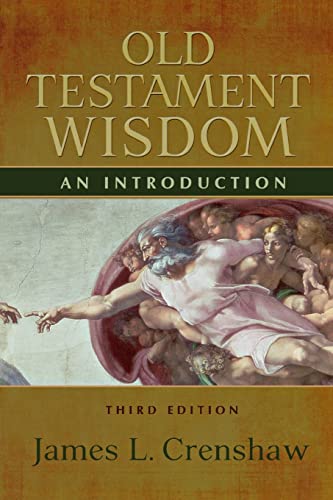The Open Heaven. A Study of Apocalyptic in Judaism and Early Christianity
Written by Christopher Rowland Reviewed By F. F. BruceWhen so much has been written on apocalyptic over the past hundred years, it might be thought that any one who undertakes to present a comprehensive study of the subject can do little but repeat what his predecessors have said. But Christopher Rowland, Dean of Jesus College, Cambridge, handles it with a freshness and competence which kindle and sustain the interest and admiration of the reader.
He does not restrict apocalyptic to eschatological literature. Apocalyptic deals with the disclosure of many areas that are normally inaccessible to human knowledge—not only future events and the consummation of all things but primaeval events and the beginning of all things, the mysteries of outer space and the nether world, of heaven and hell. The disclosure may take a variety of forms. It may be given to the seer in dreams and visions, or a heavenly being may come down to give him the information, or the seer himself may be caught up into heaven to see and hear the revelation. John was so caught up, and was commanded to write and circulate what he saw and heard (apart from the content of the seven thunders); Paul also was caught up, and was inhibited from divulging what he heard.
One interesting section of Dr Rowland’s work examines the pseudonymity of most apocalypses. The choice of a pseudonymous author was not arbitrary: an attempt was usually made to establish some consistency between the revelation ascribed to him and the recorded facts about him. Dr Rowland is not so confident as Dr D. S. Russell that the ideas of corporate personality and the sense of contemporaneity between the real author and his pseudonymous hero had much to do with the device of pseudonymity. Nor was the real author simply trying to invest his work with a fictitious authority. Dr Rowland suggests that the emergence of the canon of Scripture had something to do with the use of the device for works which were composed after the canon was closed: an analogy is the ascription to Moses of what were in fact the pronouncements of teachers of the rabbinical period.
The book of Ezekiel is not in the usual sense an apocalyptic work; yet Ezekiel’s vision of God (which is itself dependent on Exodus 24:10, but is more explicit in its detail) influenced the descriptions of the divine form given by some apocalyptists—those, for example, in Daniel 7:9 and Revelation 4:3. The description in Revelation 4:3 is much more vague than that in Daniel 7:9, but it is interesting that some of the features of Daniel’s Ancient of Days are reproduced in the vision of ‘one like a son of man’ in Revelation 1:13ff. And the reviewer finds it specially gratifying that Dr Rowland takes seriously the statement in the old Greek version of Daniel 7:13 that ‘one like a son of man came as the Ancient of Days’.
The influence of Ezekiel’s vision of the chariot-throne of God on the esoteric tradition in early rabbinic Judaism has eighty pages devoted to it. Anyone desiring an introduction to ‘merkabah-mysticism’ would be well advised to read these pages. They include a critical examination of the story of Akiba and his three colleagues who ‘entered a garden’ (understood in a later form of the tradition to imply an ascent into heaven), with a warning that its resemblance to Paul’s account in 2 Corinthians 12:3 is more superficial than substantial.
When Dr Rowland comes to deal with apocalyptic in early Christianity he gives an exposition of Paul’s account, and sees reason to think that it contains two stages in the same experience rather than two parallel descriptions. Paradise, that is to say, is the highest point of the ascent, higher than the ‘third heaven’. Only when he reaches the audience-chamber of God does Paul hear unutterable things. But we are dependent on inferences from analogy, since Paul is not concerned to impart information about that strange experience but to dwell on the lesson which he learned in its aftermath.
In a survey of post-apostolic Christian apocalyptic Dr Rowland considers the visions of Hermas and (in a particularly interesting passage) of Perpetua.
His conclusion is that ‘to be true to the religious outlook of the first Christians demands that we interact with the religious beliefs of apocalyptic in all its dimensions’. If this be so, he has given us a valuable enchiridion to help us to engage in such interaction.
F. F. Bruce







